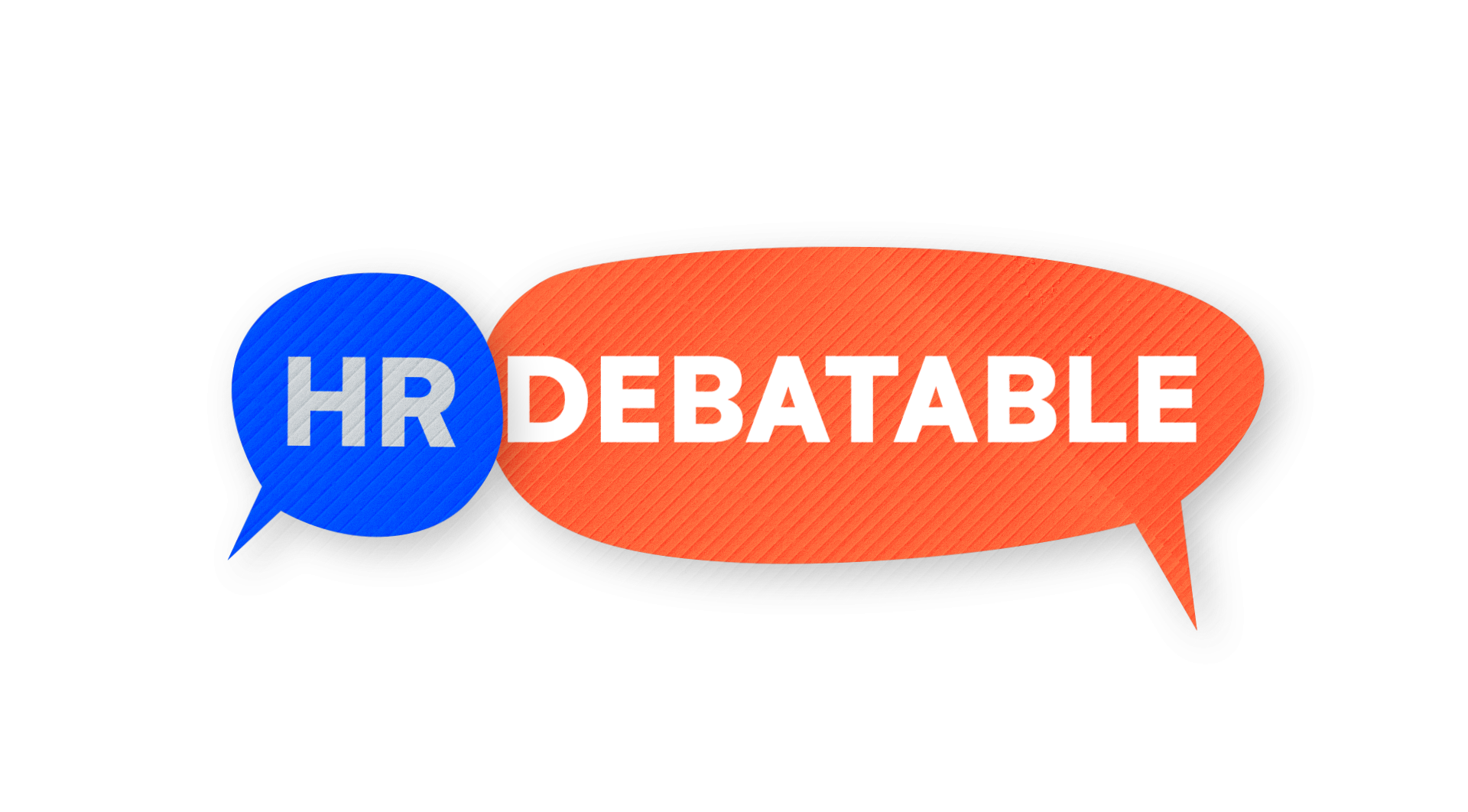Join session
DON'T BELIEVE THE HYPE: IT'S NOT ABOUT BENEFITS. CASH IS STILL KING FOR EMPLOYEES.
Presented by
Description
Cash is king is an often-heard and much talked about phrase when we talk about employee compensation. And in an economy that has seen consistently high inflation for almost two years now, a preference for cash over, for instance, purpose indeed makes a lot of sense.
In the UK, research from YouGov found that when asked to choose the most important factor of an employee benefit, 73% of respondents selected the ability to save money as their top priority. Considerably behind were benefits focused on mental and physical wellbeing (with 42% and 39%).
Others, however, state that being paid is a given and that a salary increase is certainly great, but that it doesn’t automatically guarantee higher levels of satisfaction, motivation, fulfilment and output.
Even before the pandemic, money wasn’t viewed as the best retention strategy. In 2018, a Harvard Business School Assistant Professor found that more than 80% of American employees didn't feel recognised or rewarded despite American companies spending more than a fifth of their budget on wages.
Employers should, therefore, look beyond a competitive salary package and benefits, and shift their focus to intangible factors that employees seek. Those in the ‘cash is no longer king’ camp propose to weight salary at 30% and benefits at 10%. The other 60% should consist of purpose + people + profits.
As such the cash is king philosophy makes for a great statement: Don't believe the hype: It's not about benefits, remote, or purpose at work. Cash is still king for employees.


